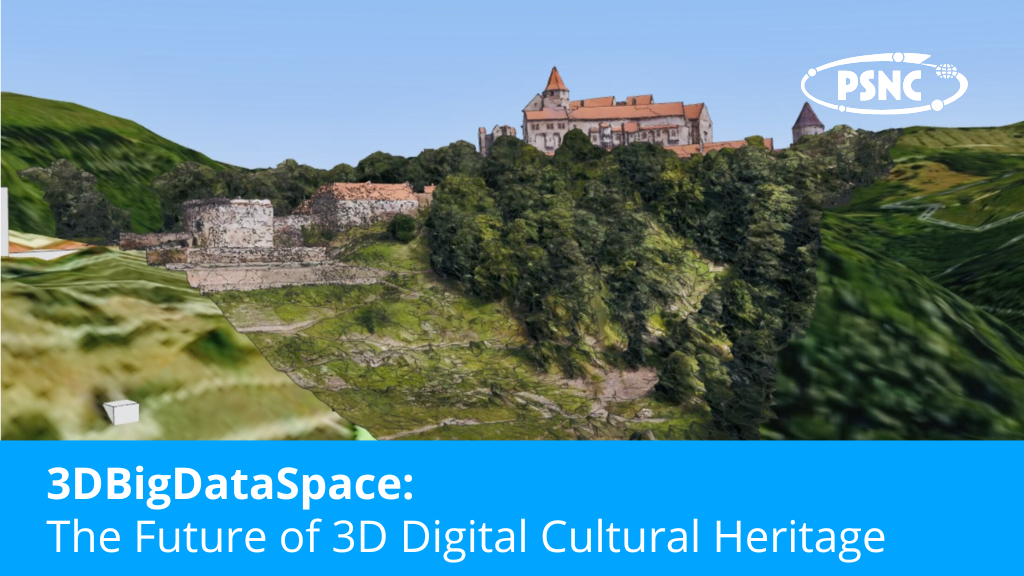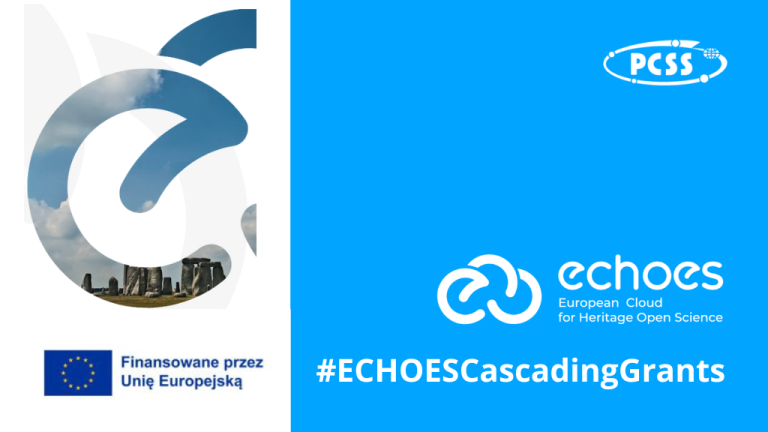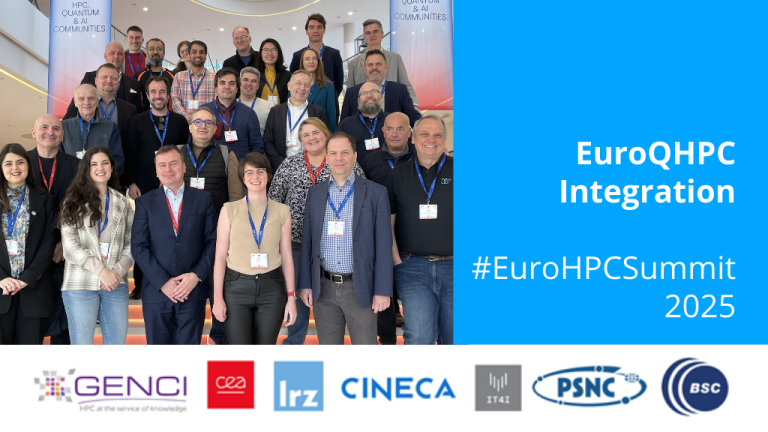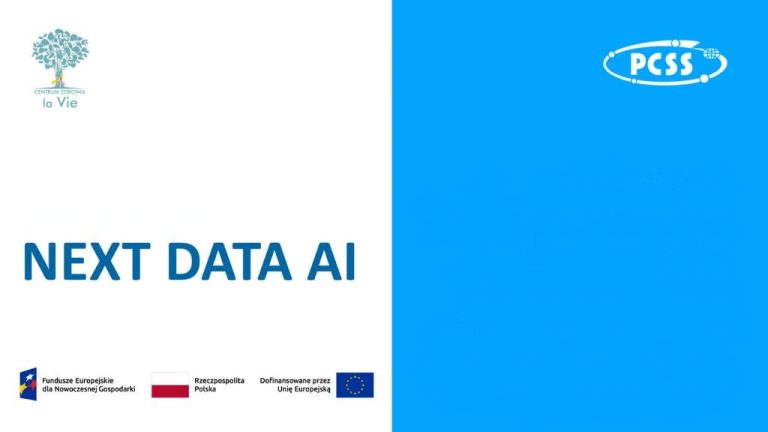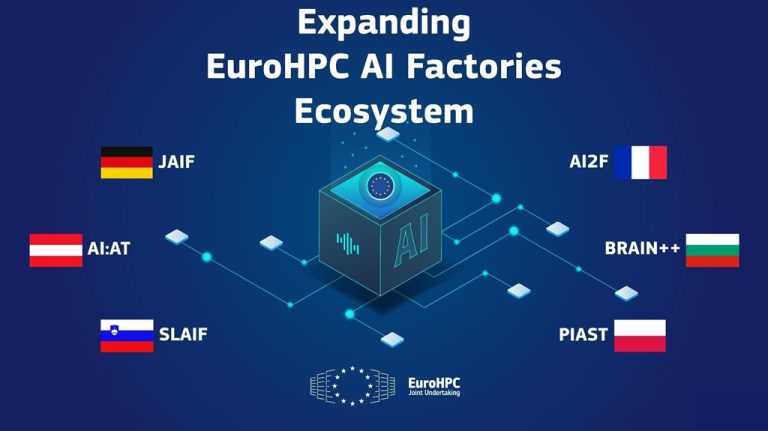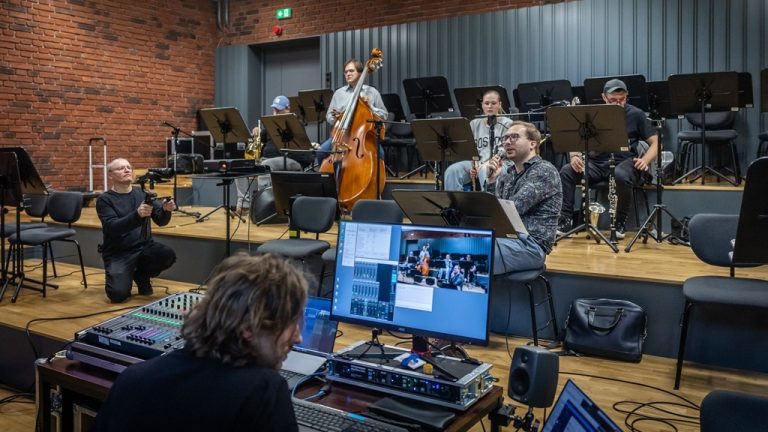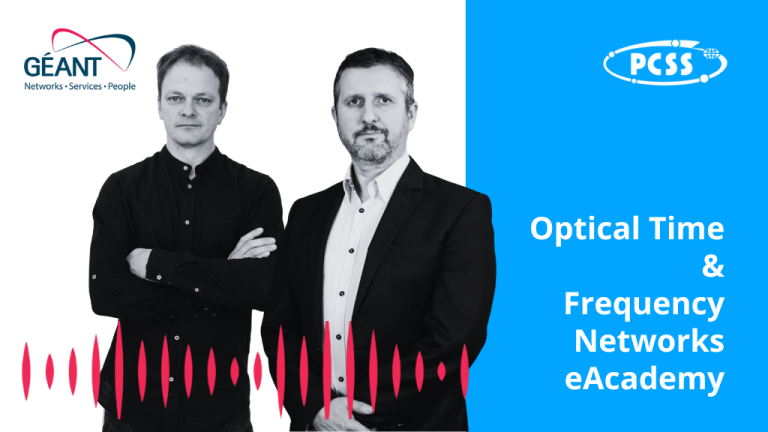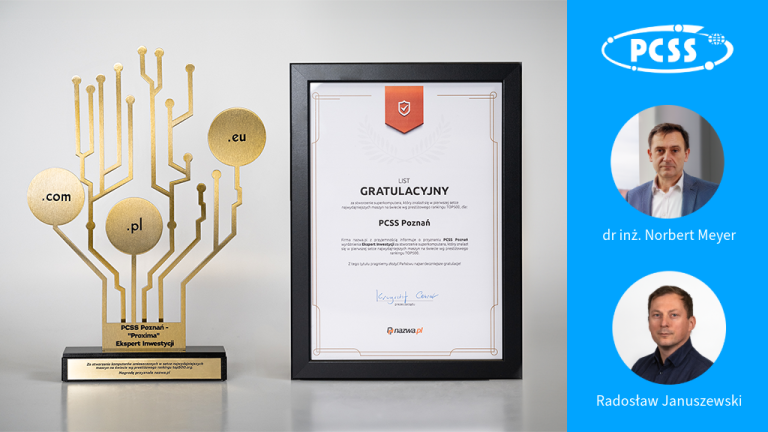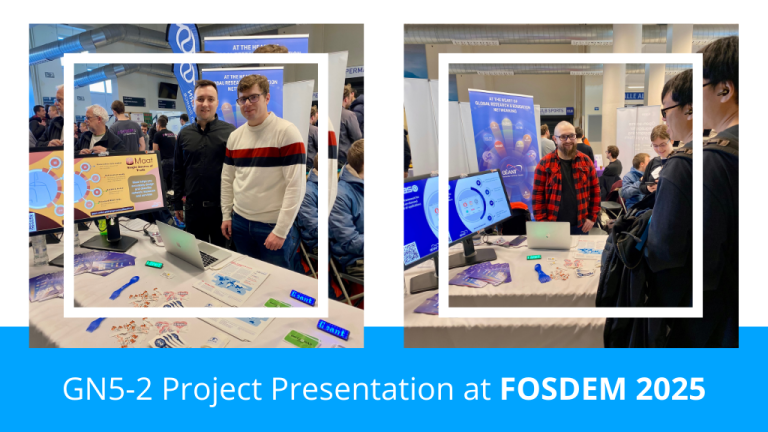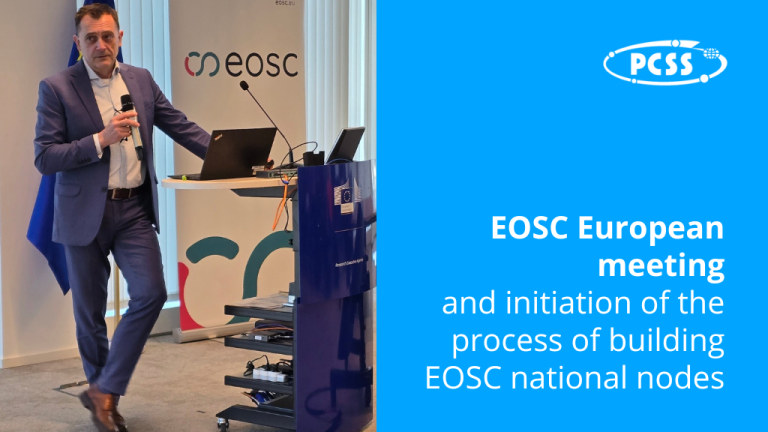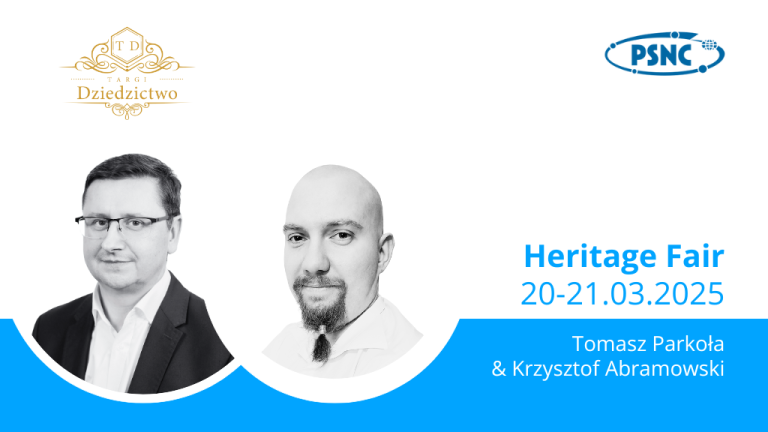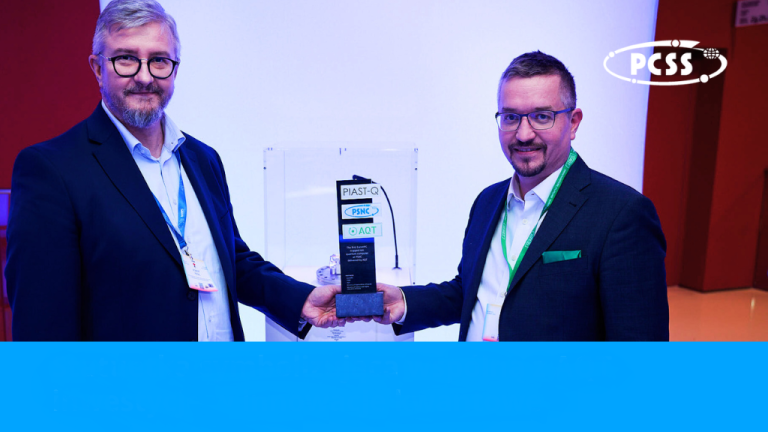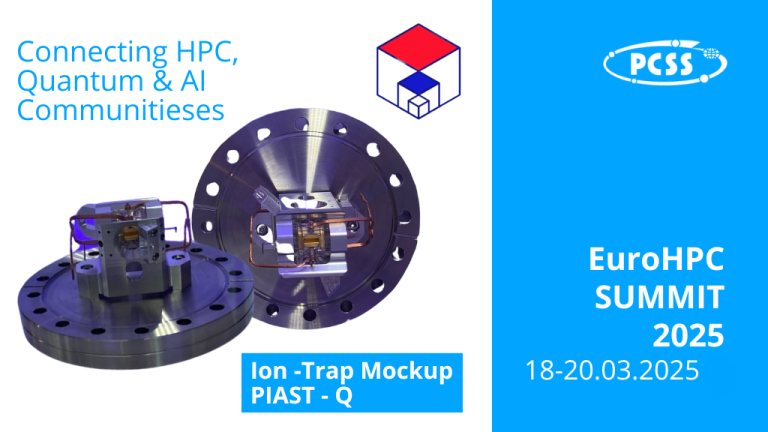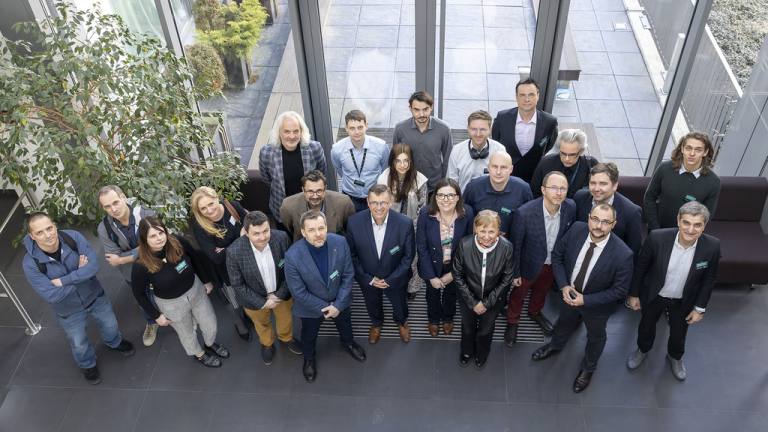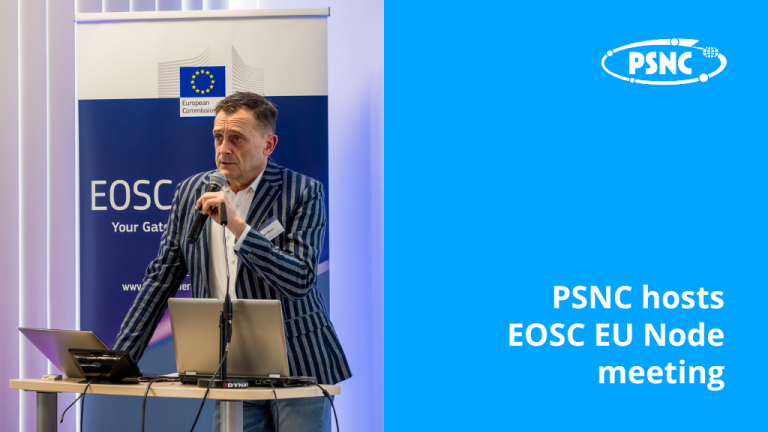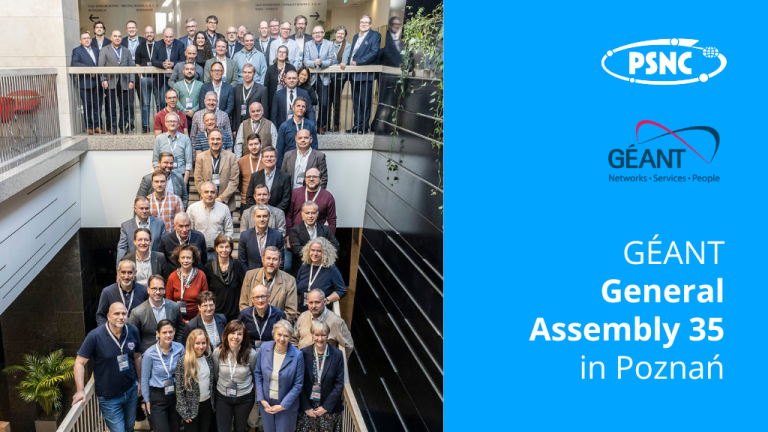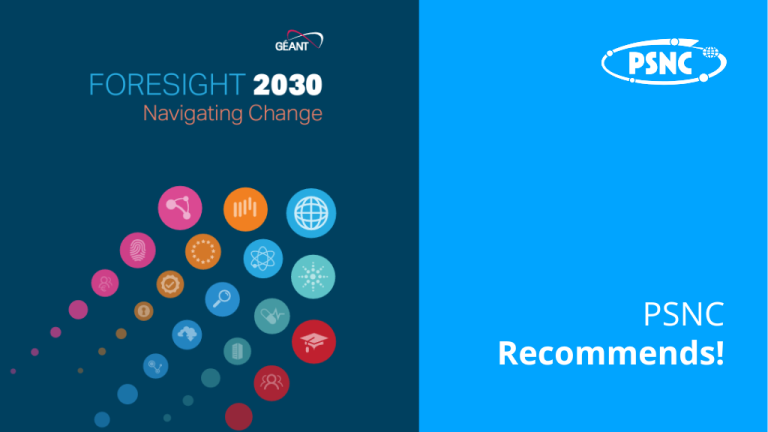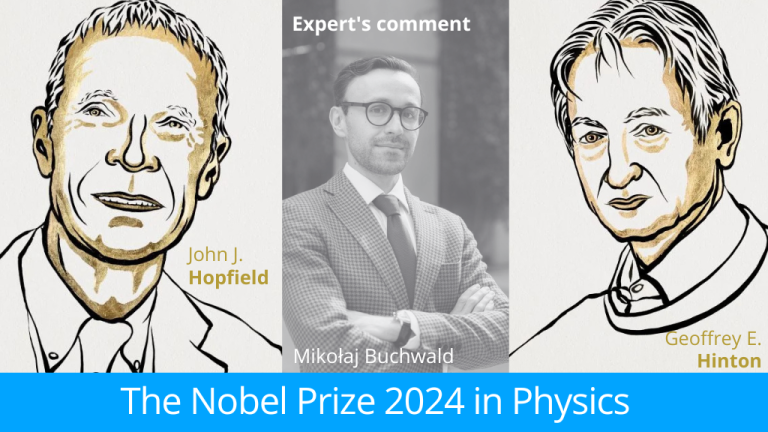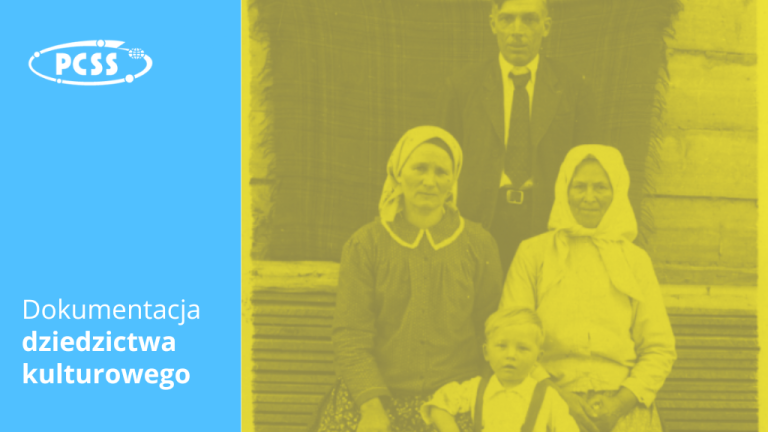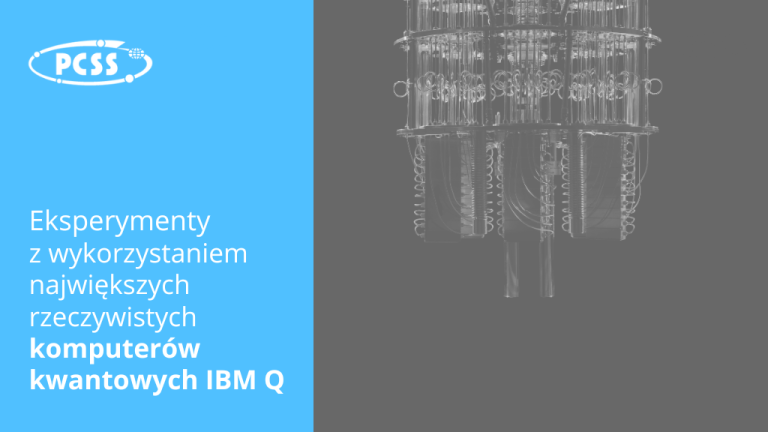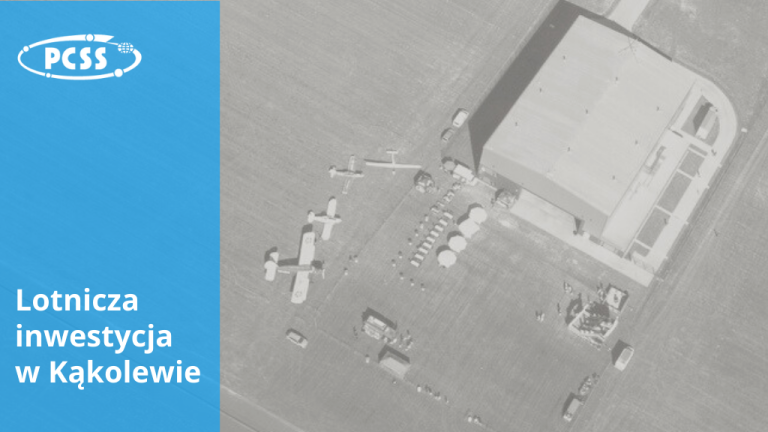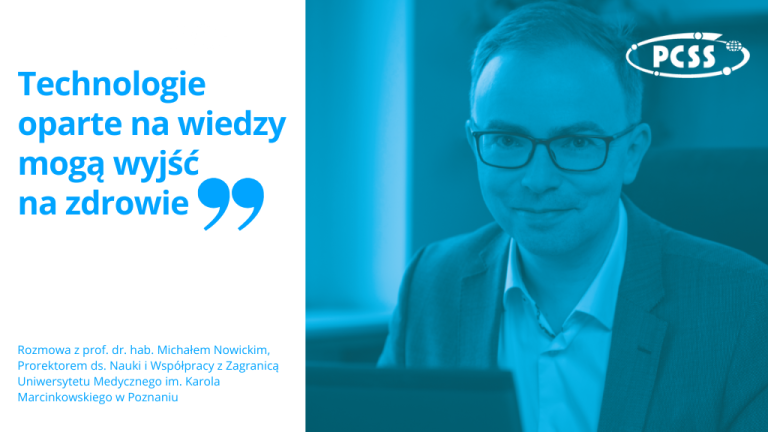The availability of high-quality 3D content has been a limiting factor for the growth of Extended Reality (XR) and 3D applications, particularly within cultural heritage sectors. Addressing this challenge, the new “3D Big Data to enrich the European Data Space for Cultural Heritage” (or simply “3DBigDataSpace”) project is set to revolutionize the accessibility and usability of 3D data for cultural heritage, education, and tourism sectors across Europe.
3DBigDataSpace in a Nutshell
3DBigDataSpace kicks off on 1 February 2025 and is set to go on for the following 18 months. The project’s goal is to significantly enhance the amount of high-quality 3D content available in the European Data Space for Cultural Heritage. This will be achieved by aggregating datasets from various providers, establishing a stable and long-term Europe-wide storage solution for 3D models and enhancing the data quality through advanced AI enrichment technologies. This project is also focused on developing new tools and methods to enable the use of this vast collection of 3D models in Virtual Reality (VR), Augmented Reality (AR), and 4D world applications.
Key Objectives of 3DBigDataSpace:
- Increase High-Quality 3D Content: Aggregating over 50 000 3D models into the common European data space for cultural heritage, with more than 1 000 models available via Europeana.eu.
- Establish Europe-Wide 3D Data Storage: Testing a public 3D data storage infrastructure based on various European data repositories, ensuring the availability and accessibility of 3D datasets.
- AI-Driven Data Enrichment: Testing and deploying AI data enrichment pipelines to improve content classification, location retrieval, and metadata quality, enhancing findability and reusability.
- Develop Innovative Tools for 3D and 4D Applications: Creating a suite of Europe-wide usable tools, including 3D viewers, AR viewers, and 4D world views to foster new experiences in digital cultural heritage.
- Demonstration and Validation: Conducting demo cases in museums, heritage routes, and local networks to showcase the capabilities of 3D re-use and enhance user engagement through educational and outreach activities.
- Capacity Building and Training: Implementing a multi-layer training and capacity-building program involving over 200 students, with the goal of reaching more than 4 000 scholars and professionals and engaging 20 000 individuals through demo cases.
Challenges and Opportunities in 3D Cultural Heritage
The project addresses the challenges associated with the utilization of the vast amount of 3D content available today. With large-scale datasets hosting millions of 3D models, the focus has shifted from mere availability to optimizing the use of this data. Key challenges include ensuring long-term availability, increasing findability and reusability, and meeting diverse user requirements across various sectors. Sander Münster (Time Machine Organisation) states:
— With the 3DBigDataSpace project, we are addressing some of the major challenges in the data space by significantly increasing the amount of 3D data, opening up and testing pan-European storage options, and enabling metadata enrichment and viewer tools that can be used at scale.
Strategic Goals and Consortium Contributions
3DBigDataSpace will deliver a comprehensive end-to-end workflow for 3D content aggregation, storage, and enhancement. The project will develop robust pipelines for data aggregation, utilizing and testing storage solutions like Zenodo, and advanced AI tools for data enrichment. Moreover, the initiative will foster the creation of a dynamic ecosystem of front-end tools for VR, AR, and 4D applications, enabling new and broad ways to experience cultural heritage.
The consortium and partner network behind 3DBigDataSpace includes a diverse group of partners covering the entire cultural 3D data supply chain:
- Cultural Heritage Associations and Networks – such as the Time Machine Organisation (TMO), the International Council on Monuments and Sites (ICOMOS), and the 4CH Competence Centre for the Conservation of Cultural Heritage, which provide a broad network for requirements gathering, solution validation, and dissemination.
- Cultural Heritage and Tourism Partners – including organizations like the Hunt Museum in Ireland and the University of Vido in Galicia, experienced in applying digital technologies for educational and tourism purposes.
- Europeana Aggregators and Research Organisations – such as the Poznań Supercomputing and Networking Centre (PSNC), CARARE, and the Friedrich-Schiller-Universität Jena (FSU), which bring expertise in state-of-the-art AI technologies and methodologies for 3D data enhancement.
- Hi-Tech SMEs and Digital Infrastructure Providers – including IN2, rooom, and the Europeana Foundation, which deliver cutting-edge solutions for 3D data acquisition, management, and sharing.
Looking Ahead: The Future of Digital Cultural Heritage
3DBigDataSpace is poised to play a pivotal role in the digital transformation of the cultural heritage sector. By significantly increasing the availability and quality of 3D content and providing innovative tools and methods for its re-use, the project aims to support the European Commission’s goal of digitizing all monuments and cultural heritage sites at risk by 2030. This ambitious initiative will not only preserve Europe’s rich cultural heritage but also make it more accessible and engaging for future generations.
About 3DBigDataSpace
3DBigDataSpace is a collaborative European project designed to enhance and expand the digital cultural heritage landscape through the aggregation, storage, and enhancement of high-quality 3D content. Funded by the Digital Europe Programme, the project brings together a consortium of leading cultural heritage organizations, research institutions, and tech companies to advance the use of 3D data in XR applications and beyond.
3DBigDataSpace consortium
Coordinator: Time Machine Organisation (TMO)
Friedrich-Schiller-Universität Jena (Uni Jena)
IN2 Digital Innovations GmbH (IN2)
Stichting Europeana (EF)
Inception SRL (Inception)
Fondazione Bruno Kessler (FBK)
Rooom AG (rooom AG)
The HUNT Museum (HUNT)
Poznań Supercomputing and Networking Centre (PSNC)
University of Vigo (U.Vigo)
Project starting date: 1 February 2025
Project end date: 31 July 2026
Granting authority: European Health and Digital Executive Agency

